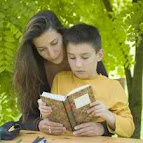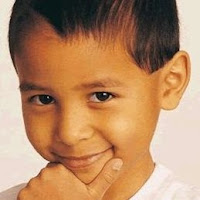ASD Teen Goes Crazy Over Women’s Feet

"My teenage son [with ASD] goes crazy when he sees women’s feet. He likes to touch them. I can’t go out anywhere because I always have this problem. When I try to stop him, he turns violent and tries to hit me or hits himself. What can I do to help him?" Teens with Aspergers and high-functioning autism have a difficult time understanding sexual feelings and appropriate actions regarding sexual activities. Many times, the sexual interests of people with ASD at your son’s age, are one-sided, not reciprocal, as it is when he touches the feet of women he doesn’t know. As you have seen, this results in some terribly difficult situations. Your son is unable to understand the rules that govern this type of behavior; he only knows that he must (as far as he is concerned) touch those feet! He misunderstands the situation and acts too intense and very inappropriately. His frustration when you try to stop him results in violence. If all sense of proportion is lost, a


